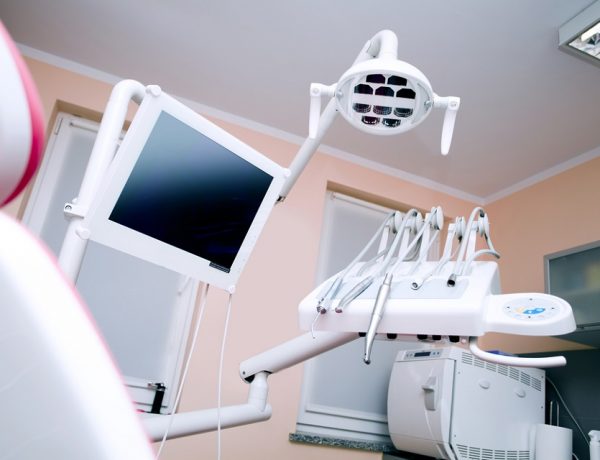Table of Contents
This article will explain the importance of prenatal vitamins during pregnancy. These vitamins ensure that you get the right balance of nutrients. In addition, they can reduce the risk of neural tube defects. However, you should be aware of the side effects of prenatal vitamins. If you take too much of them, you may experience constipation and indigestion. Some prenatal vitamins may even cause harm to the fetus.
Prenatal Vitamins Help Ensure That You Get The Right Amount Of Nutrients
During pregnancy, you will need more nutrients and vitamins than you normally need. A prenatal vitamin will meet these increased needs and give your growing baby a head start. Many prenatal vitamins are specifically formulated for pregnant women. However, those who aren’t pregnant but who wish to improve their health should also take these supplements. They can be taken before conception or during the first trimester of your pregnancy, and your doctor may even prescribe them.
Folic acid is an essential nutrient for expecting mothers. Folate helps protect the baby from congenital disabilities. Folic acid, found in prenatal vitamins, prevents congenital disabilities in the baby’s nervous system. Women should take at least 400 micrograms of folic acid a day. Folic acid can also help prevent some types of congenital disabilities. To get enough folic acid, pregnant women should eat plenty of green leafy vegetables and eat plenty of enriched bread.
They Can Reduce The Risk Of Neural Tube Defects
Folic acid, or folate, is one of the key nutrients for the developing baby and can help prevent neural tube defects. These defects can occur during the first 28 days of pregnancy before the woman knows she is pregnant. These defects can lead to disabilities, including paralysis, incontinence, and learning disabilities. Women at increased risk for open neural tube defects include those with a history of neural tube defects or those taking certain anti-epileptic drugs.
Several governments have adopted policies that promote increased folic acid intake during pregnancy, and studies have shown a reduced incidence of neural tube defects in children born to women who took prenatal folic acid supplements. However, the debate surrounding the fortification of grain products has increased. It began as a way to prevent anemia, but it was later used to protect the fetus from neural tube defects.
They Can Cause Indigestion & Constipation
If you’re expecting a baby, you’re probably aware that prenatal vitamins can cause indigestion and conspicuous bowel movements. The GI symptoms associated with these vitamins are among pregnant women’s most common gastrointestinal complaints. These symptoms usually decrease during the first trimester but can linger throughout the pregnancy. Depending on your current health conditions, you may also experience heartburn, acid reflux, constipation, or diarrhea.
Iron is another common symptom of taking prenatal vitamins. However, iron is one of the most difficult nutrients to digest, so taking extra iron could aggravate constipation. In addition, most over-the-counter supplements contain iron salt, which can aggravate the symptoms of acid reflux and nearly guarantee constipation. To combat these gastrointestinal problems, look for prenatal vitamins that contain ferrous asparto glycinate, which chelates the iron with two amino acids. It is a much better form of iron than the iron salt that most prenatal contains.
They Can Have Harmful Effects On The Fetus
While prenatal vitamins can have benefits for the mother, the nutrients may have harmful effects on the fetus. For example, while vitamin A plays an important role in fetal development, too much of it may harm the fetus. A better choice is a vitamin A precursor, such as a beta-carotene. Besides nourishing the mother, vitamin E also supports the immune system, but too much of either can be harmful to the fetus.
The benefits of taking prenatal vitamins during pregnancy are numerous. For example, folic acid can reduce the risk of neural tube defects. Iron prevents anemia and is vital for transporting oxygen throughout the body. Calcium is also necessary for the fetus’s development, but too much calcium can leech from the mother’s bones. On the other hand, B vitamins are mostly needed for metabolism and maintaining healthy cell function.





No Comments